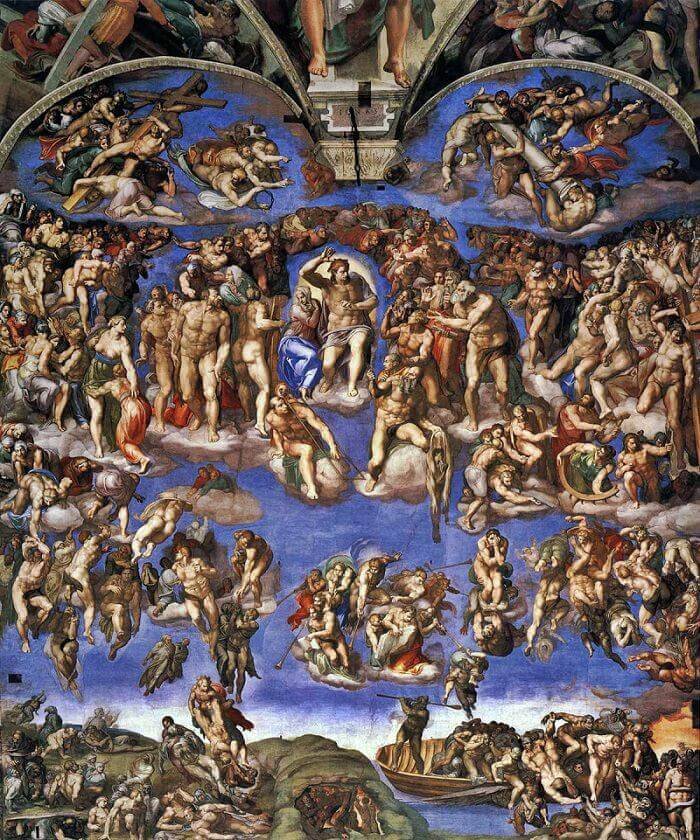"And then they will see 'the Son of Man coming in the clouds'
with great power and glory,
and then he will send out the angels
and gather his elect from the four winds,
from the end of the earth to the end of the sky.”
What will it be like when we die? That question has both haunted and fascinated humankind since the dawn of our creation. Recently, I saw a consummately awful series on Netflix called, Midnight Mass. I don’t like horror films and don’t know why I stuck with the multiple episodes with some frightening the hell out of me!? Nevertheless, there was a fascinating dialogue between two of the main characters in the series. One asks that perennial question, “What will it be like when we die?” Her friend spins a fascinating answer that was part New Age, part Neuroscience and amazingly, part of the Christian response built on divine communion.
This past week, I had the graced yet extremely difficult experience of being at the bedside of a dear friend as he nears the final chapter in his life. Fear and anxiety, mixed with gratitude and hope were etched on his very thin face as he found himself surrounded by his family and friends. As a minister of the Gospel for over 47 years, this experience of encountering the threshold between fleeting ‘now’ and what will be in that great and awe-filled threshold experience of ‘crossing over,’ is never an ordinary moment but, rather, an extraordinary moment of grace and blessing.
My friends, as we near the end of our Liturgical Year with the Advent Season dawning in a few weeks, God’s Holy Word speaks again of the end times. Our Christian theology has a fancy Greek name for our theological pondering of this moment. It is called Eschatology from the Greek word, Eschaton or the end things or finality. Christian eschatology flows from the truth of the Gospel as it speaks in parables and analogies about this moment. For the strict rationalists, there is no exacting blueprint for precisely when, how and what this moment will be like. Jesus uses stories, often drawn from his own Jewish heritage, to speak of this moment that he himself would face.
However, we would be sorely mistaken if we concluded that Scripture has nothing to say about this moment. The entire Good News can be summarized as simply a loving invitation to experience divine communion and friendship. There is no more defining moment that distinguishes humanity from the rest of God’s creation than the capacity to experience a love that knows no end. And so, through story, parable and analogy, Scripture speaks of the heart of death and the passage through it to eternity as simply the attainment of divine communion in a friendship with the Father, the Son and Holy Spirit and all the Holy Ones for eternity in one loving embrace. And that, my friends, is Good News beyond all our imagining.
